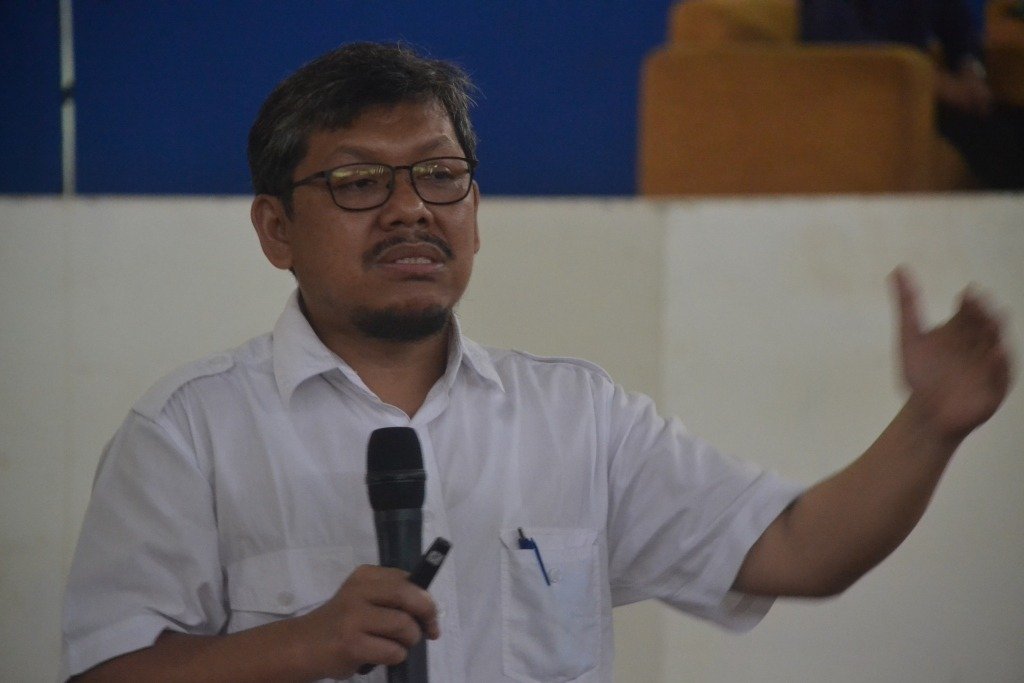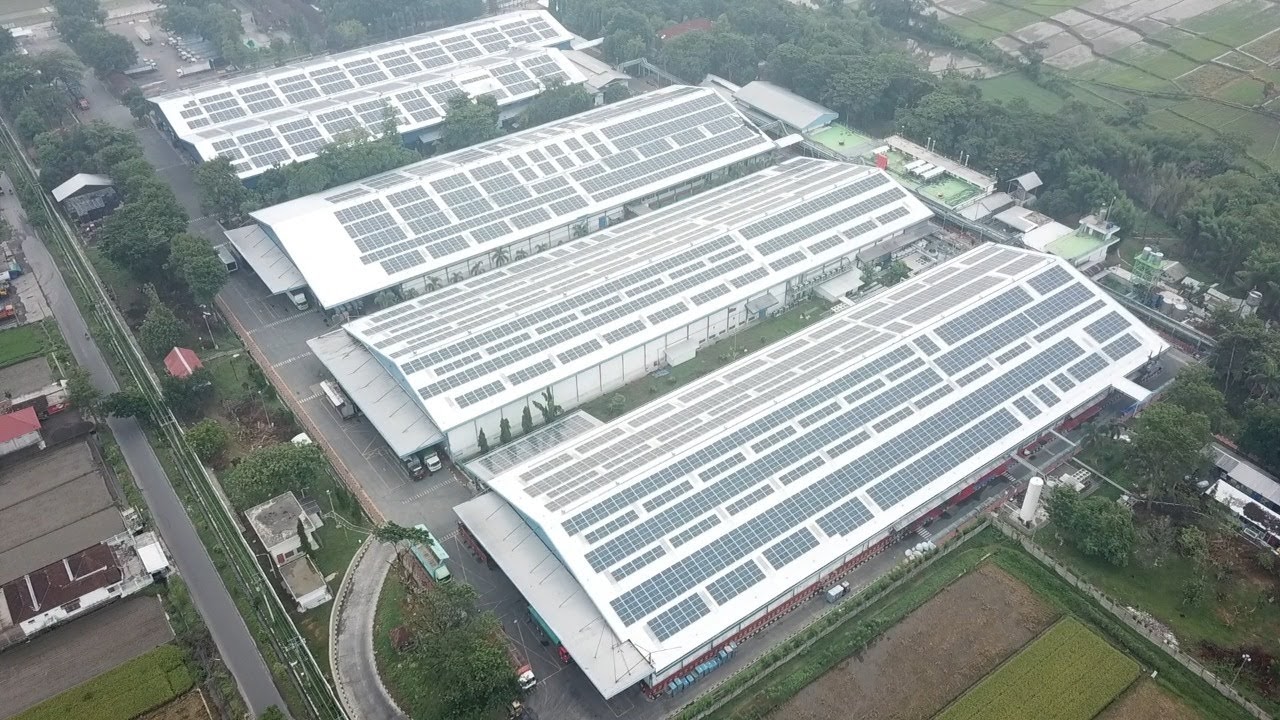ITS Professor Gives Proposals on the Revised Draft of MEMR Regulation

Prof. Ir Mukhtasor MEng PhD, ITS Professor of the Department of Marine Engineering18
0218
ITS Campus, ITS News – The revision of the Regulation of the Ministry of Energy and Mineral Resources (Permen ESDM) No.49 of 2018 concerning the Use of Rooftop Solar Power Generation System (PLTS) by PT PLN (Persero) Consumers presents many pros and cons to the public. Institut Teknologi Sepuluh Nopember (ITS) Professor, Prof. Ir Mukhtasor MEng PhD tried to make suggestions for the revised draft.
As has been widely reported, the government is currently revising the ESDM Ministerial Regulation regarding the use of PLTS Roofs by changing the export-import scheme of PLTS Roofs to the PLN electricity network from 1:0.65 to 1:1.
According to Mukhtasor, the regulation was more rational and fair before the ministry revised it because the stun produced by the PLTS Rooftop was exported to the PLN network during the day, and 65 percent used by the Rooftop PLTS installers at night as compensation for electricity storage costs. “This compensation can be used as a cost to overcome various problems, for example, the cost of turning on the generator to anticipate the uncertainty of PLTS supply,” he said.
In the revised draft of the ESDM Ministerial Regulation, Mukhtasor considered that the previous compensation costs would be ignored because all electricity exported could be re-imported entirely at night. With this 1:1 scheme, compensation for storage costs is the responsibility of PLN. “So that when the financial burden falls on PLN, it will eventually become a burden on the State Budget (APBN) because the State Budget expenditures will bear PLN’s losses,” he said.
According to Mukhtasor, the current Revised Draft of Energy and Mineral Resources Ministerial Regulation is also considered to ignore the mandate of Government Regulation (PP) No. 14 of 2015 concerning the 2015-2035 National Industrial Development Master Plan. The draft opens the door to problems where the potential capacity of the state budget will evaporate. This happened because the State Budget was ultimately affected by the burden of compensation for stun storage costs which was transferred from the responsibility of the PLTS Rooftop installer to be the burden of PLN.

One of the largest PLTS Rooftop in Indonesia, located in Central Java (Source IESR)
“If the Ministry of Energy and Mineral Resources’ revised draft is passed, it shows that they are no longer effective in coordinating cross-sectoral policy alignment, especially with the Ministry of Industry,” said Mukhtasor.
Mukhtasor requested that the DEN take a stand in this alignment to continue to carry out the mandate of Law no. 30 of 2007 on Energy, which stating that cross-sectoral policies must be coordinated. Because of this, Mukhtasor proposed that the government cancel the Revised Draft and replace it with a strategy to strengthen the national industry of solar cell producers.
Later, Mukhtasor continued, the costs that initially had to be used to cover compensation can be turned into incentives for the national PLTS supply chain industry, especially solar cell producers. “Thus, the price of solar cells from the national industry is competitive in the market, and users of PLTS Rooftop can buy them cheaper, so the economy will increase,” he explained.
Moreover, the strategy to strengthen the national solar cell producer industry is in line with PP. 14 of 2015, which had already been signed by President Joko Widodo (Jokowi). In the PP, the government stipulates six main types of industries in the National Industrial Development: the energy generation industry. “It’s not a coincidence. Solar cells are the primadonna in the planning of the flagship industry because it prioritized at all stages of the plan,” he said.
Mukhtasor also hopes that President Jokowi can take the right attitude towards the mistakes in the Ministry of Energy and Mineral Resources at this time. “Fortunately, policies or programs that have a broad impact must be reported to the President and coordinated with the Cabinet Secretary, so that there is still time to improve,” he concluded. (sel/ITS Public Relation)
Reporter: Faqih Ulumuddin
Related News
-
ITS Collaboration with BPBD East Java, Launching VR Disaster Simulation
ITS Campus, ITS News — Supporting anticipation of disasters and continuing to educate the public, Institut Teknologi Sepuluh Nopember
August 25, 2021 18:08 -
Supporting the Implementation of Innovative Ideas, ITS and IYSA Hold International Competition
ITS Campus, ITS News — Institut Teknologi Sepuluh Nopember (ITS) has once again proven its commitment to supporting the
August 25, 2021 18:08 -
ITS Maintains Informative Qualification for Five Consecutive Years at KIP Awards
ITS Campus, ITS News — Institut Teknologi Sepuluh Nopember (ITS) has once again successfully maintained its Informative Qualification predicate
August 25, 2021 18:08 -
ITS Strengthens Smart Eco-Campus through UI GreenMetric 2024
ITS Campus, ITS News — Institut Teknologi Sepuluh Nopember (ITS) has once again demonstrated its commitment to environmental concern
August 25, 2021 18:08
